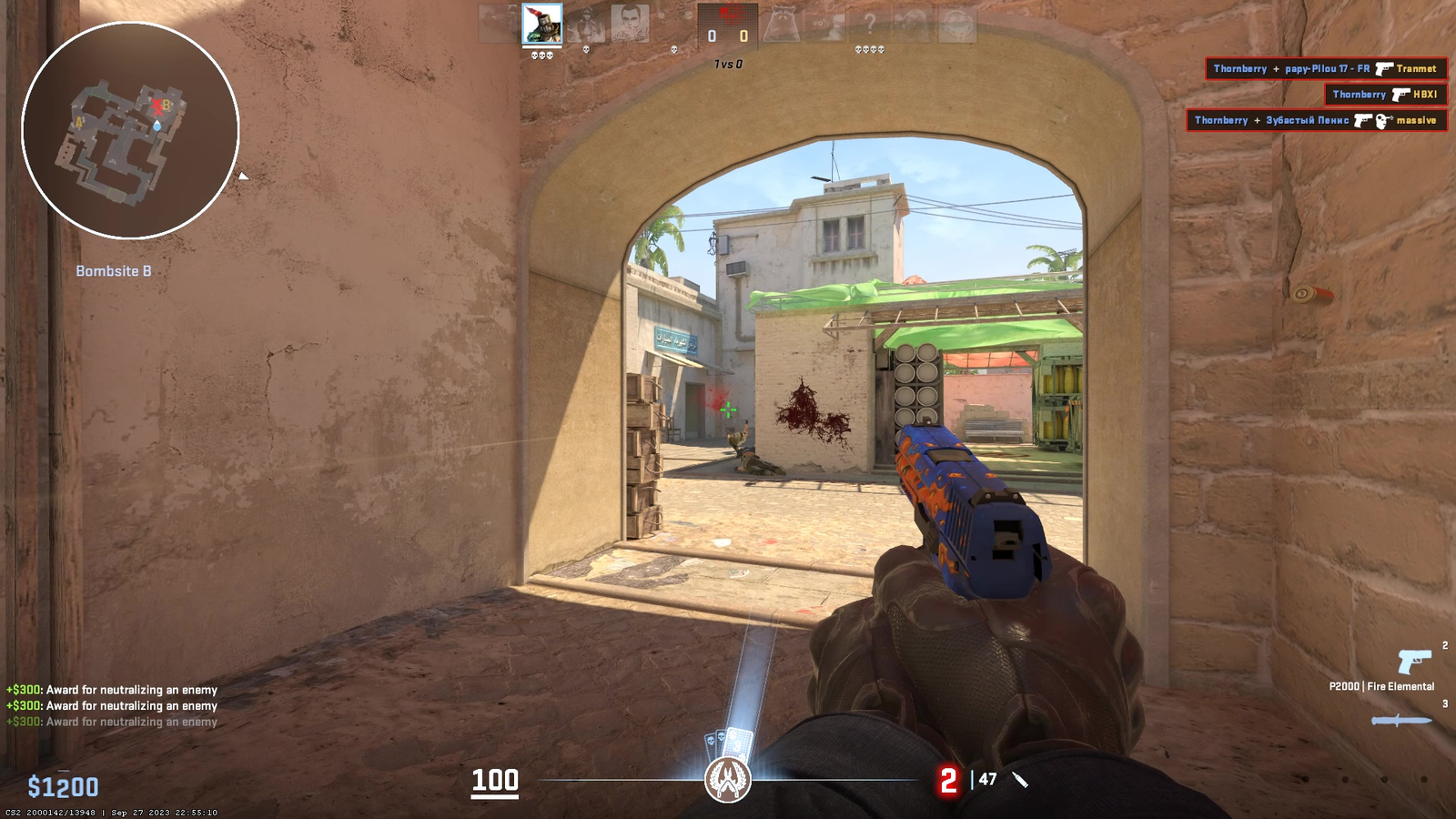Benz Drops Insights
Stay updated with the latest news and trends in the automotive industry.
Playing it Smart: The Hidden Genius of CS:GO Save Rounds
Unlock the secret strategy behind CS:GO save rounds and learn how to turn the tide of battle with smart decisions and unexpected plays!
Maximizing Your Economy: The Strategic Importance of Save Rounds in CS:GO
In the world of CS:GO, understanding the concept of save rounds is crucial for maximizing your economy. A save round occurs when a team intentionally decides to forgo purchasing weapons and utility in order to save money for future rounds. This strategy often comes into play when a team is low on funds or after a few consecutive losses, where the focus shifts to regaining a financial foothold. By saving, players can ensure they have enough resources to make a stronger comeback in subsequent rounds, aligning their purchases with their strategic goals.
Moreover, the strategic importance of save rounds extends beyond mere financial considerations; it also impacts overall team morale and cohesion. When players commit to a save round, they demonstrate a collective understanding of long-term objectives versus short-term victories. This unified approach can lead to improved teamwork and coordination, as players are more likely to stick together and coordinate strategies for the following rounds. Ultimately, mastering save rounds in CS:GO not only enhances a team's economy but also sets the stage for success through effective resource management and teamwork.

Counter Strike has evolved significantly over the years, becoming one of the most popular first-person shooter games in the world. For players looking to improve their gameplay, knowing how to check cs2 stats can be crucial for tracking performance and identifying areas for improvement.
Understanding Save Rounds: When to Hold Back and When to Go All-In
In poker, the concept of save rounds refers to strategically holding back some of your chips to maintain flexibility in future betting rounds. This approach can be crucial when the game dynamics shift or when your hand isn't as strong as you initially thought. Recognizing when to save your chips—such as in early rounds with conservative players or when the board presents unfavorable conditions for your hand—is essential. A good rule of thumb is to assess your opponents and the evolving circumstances; if the likelihood of stronger hands forming increases, saving your remaining chips can give you the upper hand in later betting rounds.
Conversely, knowing when to go all-in can turn the tide of a game. If you’re confident in your hand or if the pot odds are in your favor, committing your chips can intimidate your opponents and potentially force them to fold. The key is timing: if you've deduced that your hand is strong relative to the board and the playing style of your competitors, this aggressive move can maximize your winnings. Always weigh the risks and rewards, as going all-in can also increase the stakes dramatically.
The Psychology Behind Save Rounds: How Smart Players Turn Losses into Wins
The concept of save rounds in gaming is not just a tactical decision; it reflects a deeper understanding of player psychology. When faced with a loss, smart players adopt a mindset that prioritizes recovery over despair. This is where the power of resilience comes into play. They analyze previous rounds, identify mistakes, and consciously adapt their strategies to capitalize on the knowledge gained, transforming a setback into a stepping stone for future victories. By reframing losses as learning opportunities, these players maintain a positive outlook that fuels their motivation and enhances their gameplay.
Moreover, the importance of save rounds extends beyond individual play; it fosters team dynamics and supports overall morale. When teammates see a player turning a loss into a learning experience, it cultivates a culture of growth and collaboration. In order to drive this mindset within a team, using techniques like post-game analyses and practicing together in less-stressful environments can help reinforce strategic adjustments. By embracing a collective approach to overcoming losses, players can not only improve their skills but also strengthen their camaraderie, ultimately turning losses into valuable wins.